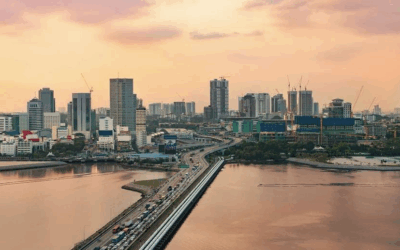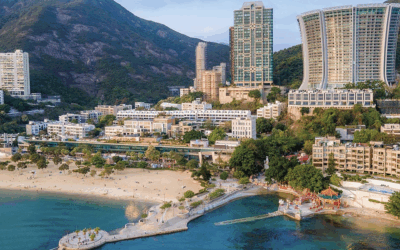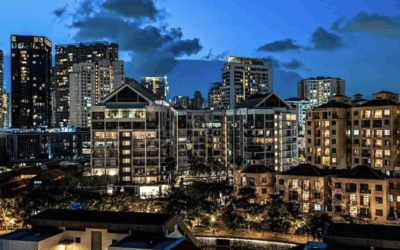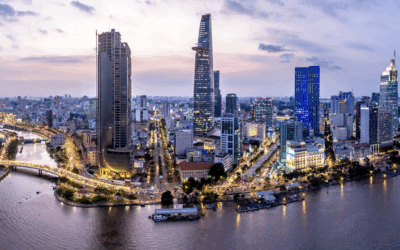South Korea enjoys one of the best passports in Asia. If you’re living and doing business here on a long-term basis, it’s worth thinking about becoming a citizen.
The Korean passport has visa-free access to 192 different countries as of 2024, thus easily ranking it alongside the top passports in the world – not just Asia.
While getting South Korean citizenship is a challenge, it’s possible for certain investors and residents to naturalize after meeting long-term residency requirements.
This article will explore the various options to obtain permanent residence and potentially citizenship in Korea.
We’ll first explain the business, property investor, and family routes. Beyond that, we’ll discuss the possibility of dual citizenship along with other perks of naturalizing as Korean.
South Korean Residence: The First Step to Citizenship
Your initial step toward eventually getting a Korean passport is obtaining a long-term visa that allows you to live and work in the country for an extended period.
South Korea offers a few visas that can lead to permanent residence and potentially naturalization. The four main options include:
- D-8 Investor Visa: This visa requires an investment of at least 300 million Korean won (around $250,000 USD) into your own business. You’ll need to demonstrate the business is active and profitable each time you renew your visa.
- F-2-7 Points System Visa: To qualify for this visa, you’ll need to meet certain criteria like educational background, income, academic background, and other ties to Korea. You’ll be scored based on these factors.
- F-5 Permanent Resident Visa: After living in South Korea for several years on a long-term visa like the D-8, you can apply for this permanent resident status. It allows you to live and work in South Korea indefinitely.
- Jeju Investor Visa: Investing 1 billion won (around US$750,000) in a property on Jeju Island for 5 years can make you eligible for permanent residency. This option recently became far more expensive, doubling from the previous price of 500 million won.
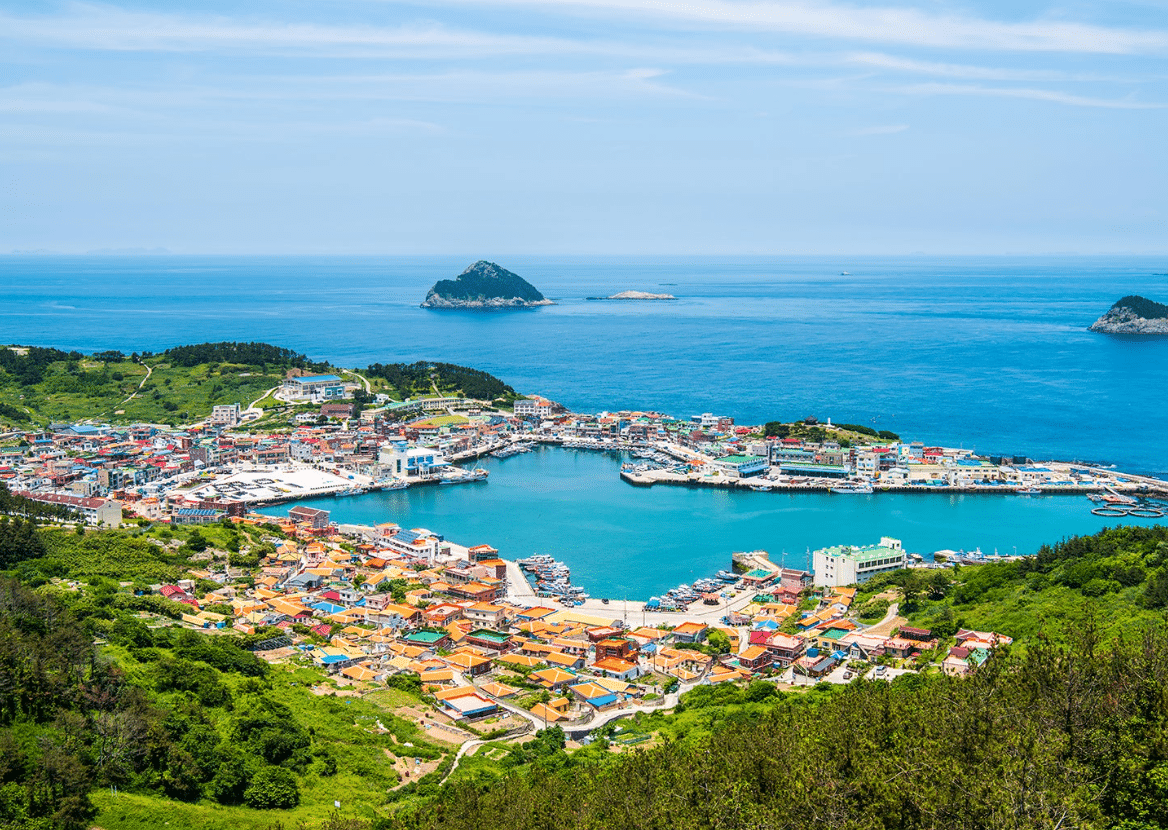
Before, you could simply buy real estate on Jeju Island worth US$350,000 or more, live there for several years, and become a citizen. You still can, although it’s now twice the original cost.
As you can see, the D-8 investor visa provides the most direct path to long-term residence and potential citizenship in South Korea.
With the Jeju real estate visa far more expensive than previously, investing in your own business is likely the best approach. It’s certainly more cost-effective compared to the other routes.
Requirements for the South Korea D-8 Investor Visa
To obtain the D-8 visa, you’ll need to invest at least 300 million Korean won (around $250,000 USD) into incorporating and operating your own company in South Korea.
This investment can include the costs of registering your business, office space, hiring local staff, equipment, inventory and other operating expenses.
Furthermore, you must demonstrate that your company is actively doing business each time you renew your D-8 visa. They won’t allow you to simply “sit on it” and wait to get PR.
Normally, this means showing financial statements, business contracts, tax payments, bank balances and other records that prove your company is running and profitable.
The D-8 visa must be renewed annually. As long as you can show your business is operating and you are earning an income, your visa can be renewed indefinitely.
Eventually, this visa provides a pathway to apply for permanent residence after several years.
How to Get Permanent Residence in Korea
Once you have lived in South Korea for a few consecutive years on your D-8 investor visa, you can apply to switch to the F-5 permanent residence visa. This will allow you to live and work in South Korea indefinitely without needing to renew a visa each year.
To qualify for the F-5 visa, you’ll need to prove you have maintained residency in South Korea for several years.
You’ll also need a clean criminal record from your birth country, a standard health check, and to show reasonable financial means to support yourself.
Being married to a South Korean citizen can help strengthen your case, and drastically cut the amount of time required to get permanent residence.
Wives and husbands of Korean nationals only must wait a year or two after their original F-6 marital visa in order to become a full permanent resident.
As an F-5 permanent resident, you’re finally able to buy all types of property, get health coverage, and work in South Korea just like a citizen.
The only restrictions are that you can’t vote or hold certain public offices reserved for citizens. Oh well!
Naturalizing as a South Korean Citizen
After being a permanent resident for a few years, you can finally apply to naturalize and become a South Korean citizen.
This grants you the right to vote, hold public office, and obtain a South Korean passport. It also gives you access to all the full benefits of citizenship.
To qualify for South Korean citizenship through the general naturalization process, you must:
- Have F-5 permanent resident status for at least 5 consecutive years
- Prove good conduct and character
- Pass tests on the Korean language as well as history and culture
- Intend to continue residency in South Korea
- Maintain ability to support yourself financially
For spouses of Korean citizens married for at least 2 years, the residency requirement is reduced to just 1 year.
Does Korea Allow Dual Citizenship?
Unfortunately, South Korea doesn’t allow dual citizenship for naturalized citizens. This means you’ll be required to renounce any existing citizenships once you obtain the South Korean passport.
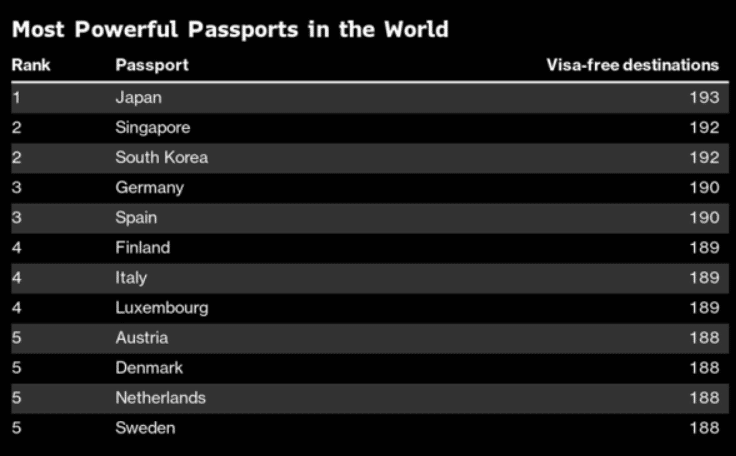
By some metrics, South Korea’s passport is ranked the second best in the world. It’s one of a handful of Asian countries, including Singapore and Japan, to consistently make the list every year.
For many, this trade-off is worth it to become a citizen of the prosperous and advanced nation of South Korea.
That’s especially true if your first passport is from a less-developed country without strong visa-free access worldwide.
Renouncing your citizenship is still a very personal decision that depends on your specific circumstances and future plans.
The Path to South Korean Citizenship
Obtaining South Korean citizenship through investment and residency is possible but challenging.
If you have an entrepreneurial spirit, the motivation to learn the language, and/or have Korea family, getting a passport here is indeed an attractive option.
With some capital, along with 5 years worth of your patience, South Korea offers a high quality of life and passport from an economically vibrant Asian tiger.
So, is becoming a citizen of Korea worth the effort? If you plan on living here for the rest of your life, it probably is.
South Korea enjoys one of the top passports in Asia with better visa-free access than any other citizenship on the whole continent.
Consider getting one if you’re already living in Korea long-term, are willing to renounce your current nationality, and meet all the requirements!


